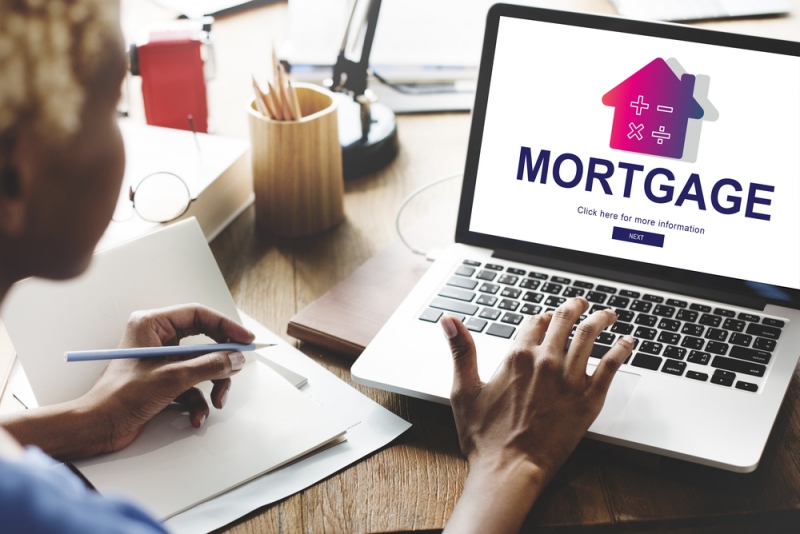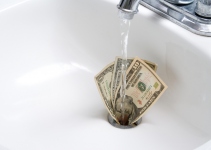This is probably one of our most frequently asked questions. In short, yes you probably can still get a mortgage if you have bad credit, but there’s likely some things you’ll need to do first to prepare yourself and your finances for that all important mortgage application process.
First things first:know your credit score. You can sign up quickly and easily to one of the free credit score companies – like Noddle or Clearscore, for example – with no need to pay a monthly fee.
Getting a mortgage with bad credit is still likely, but it does mean you’ll have to do a little extra planning and preparation first. Once you’re okay with that and you’ve committed to the process, you’re likely to find it quite easy to gather the information together that you’ll need.

Bad Credit Mortgages are available nowadays from some of the major lenders, as well as from some of the more specialist lenders too. That means with just a little planning and foresight on your part, you’ll be able to apply for a mortgage even if you do have a less than stellar credit history.
Let’s look in a little more detail at that planning and preparation checklist.
- Download your free credit score app.
- Now read the information in the app! If there’s anything that’s wrong, start contacting the credit score app company – or the company listing the incorrect information – for removal / updating / editing of the information.
- Pay off or pay back any and all that you can – let’s get those simple, small amounts owing off your credit score.
- Downpaying debts in general is a good idea, if it’s at all possible. Perhaps you could use a low interest or zero interest rate credit card to consolidate other debt? Investigate what you could do, using your credit score app to help. You’ll find sections on what credit you could apply for, what cards you could get etc; so sit down with a calculator, and a notepad and pen, and get ready for some maths homework!
- Follow the apps advice on how to raise your credit score. Each of these credit score apps comes built in with a very user friendly ‘advice on how to raise/improve your credit score’ – so get started, and follow the guidelines and recommendations it sets you.
- Control your spending. Now you’ve decided to get a mortgage, you should be in ‘save not spend’ mode and you need to really focus on that.
- Most mortgage lenders are going to look really closely at your most recent financial history, and take into account problems in the past as being in the past. You’ll likely have to demonstrate at least three and perhaps up to six months of good, clean, monthly financial management where you’ve paid everything on time, stayed within your spending limits, and even managed to save a little and/or pay a little extra off your debts.
- Start a calendar from the date you get everything ship-shape on your credit score app, and plan to make that all important mortgage application in three or four months time!
Applying for a bad credit mortgage isn’t any harder than applying for any other type of mortgage. You’ll need payslips, bank statements, proof of ID – just the same as every other mortgage applicant out there.
It’s worth looking briefly at what you’ll physically need for that mortgage application, too. For any mortgage application, including an application for a mortgage with a history of adverse or bad credit, you’ll need to provide:-
- Payslips (usually three months), or if self-employed, HMRC and Accountants return
- If self-employed, it’s entirely possible to apply for a mortgage with just one year’s accounts now instead of the old three or even five years you used to need. Just make sure you have your HMRC returns and your Accountants statements.
- Your proof of ID – driver’s licence or passport.
- At least three months bank statements.
- Proof of current address – council tax or utility bill from within the last three months.
Gathering all this information prior to beginning your mortgage application will help to make the process a nice and straightforward one. There’s actually no extra work in the application process itself for a bad credit mortgage, it’s simply all about your planning and preparation upfront.
What you’ll have to be prepared to put the extra time and work into is your credit profile and how potential lenders are going to view it when they receive your application. Making an effort to clear, consolidate, and update your credit profile, while sticking within spending limits and paying back some of your outstanding debts, will reflect well on you and your ability to manage money generally, and will help you to get that house of your dreams!



